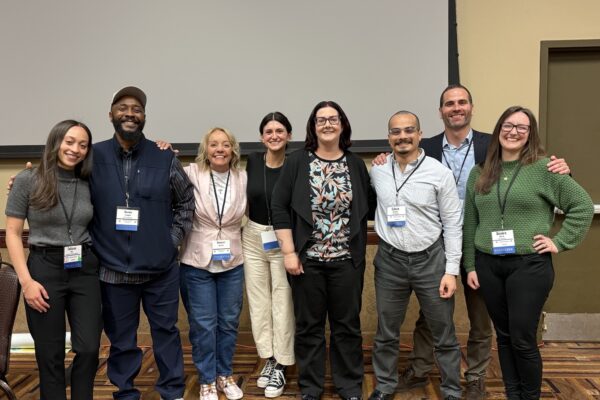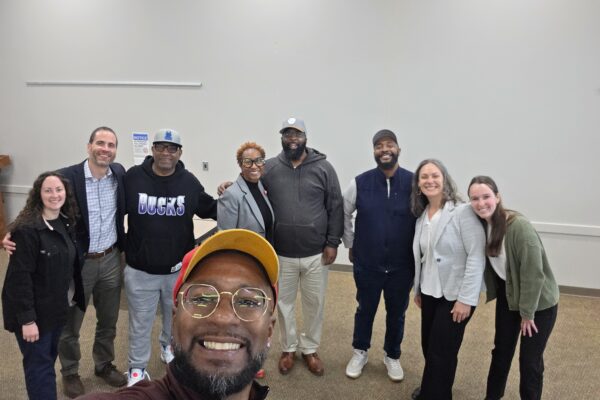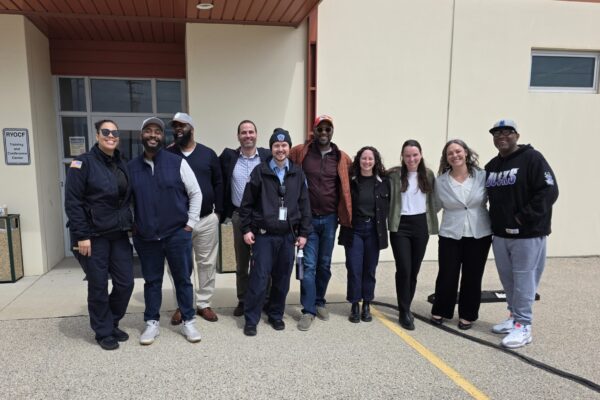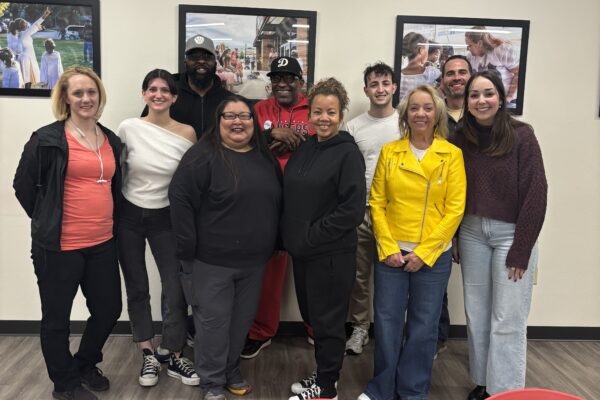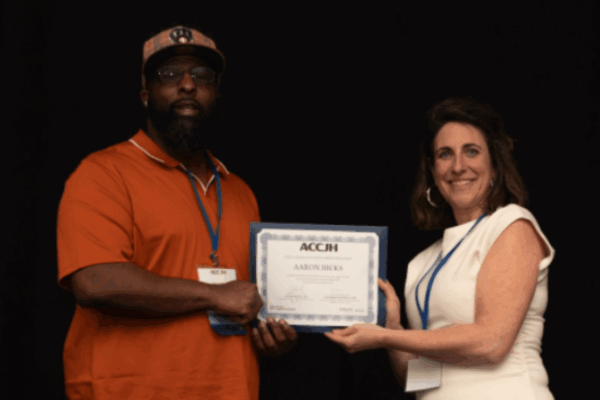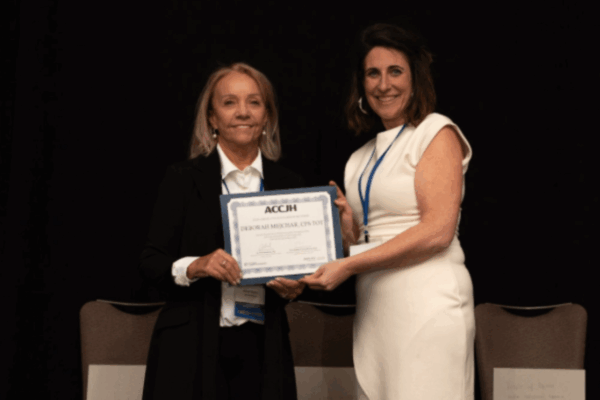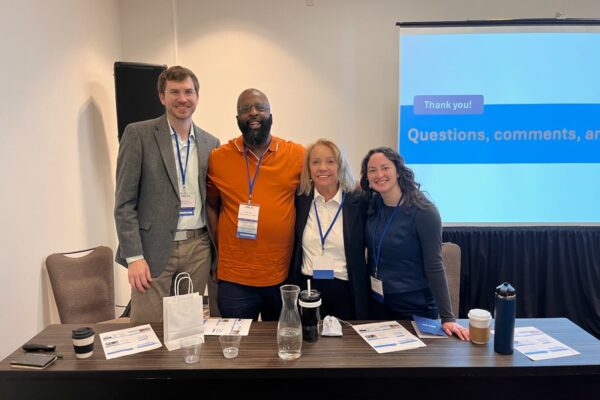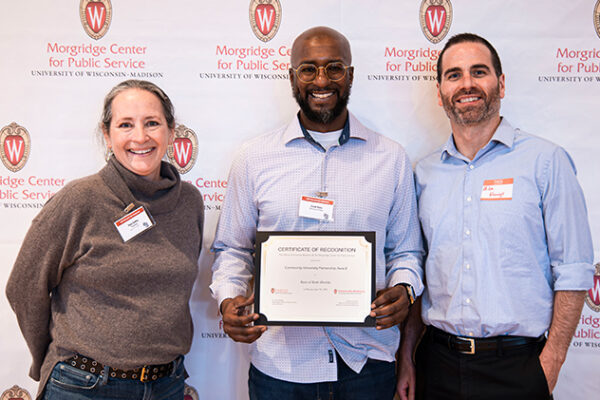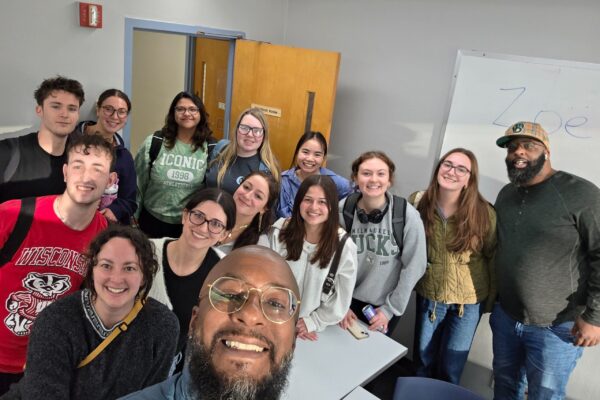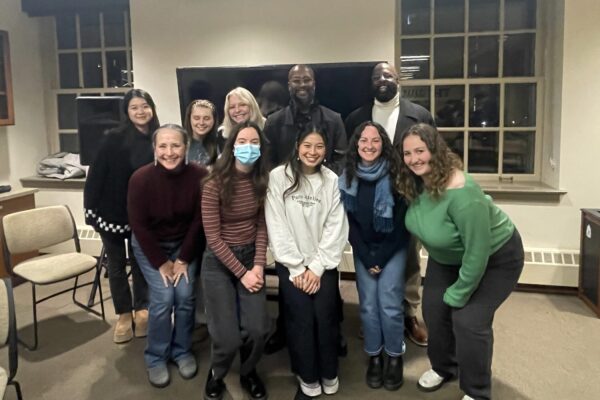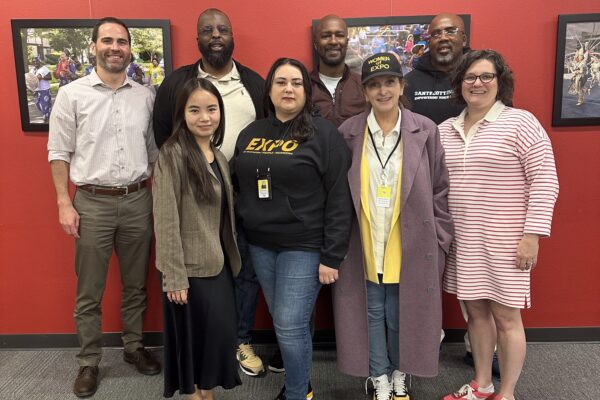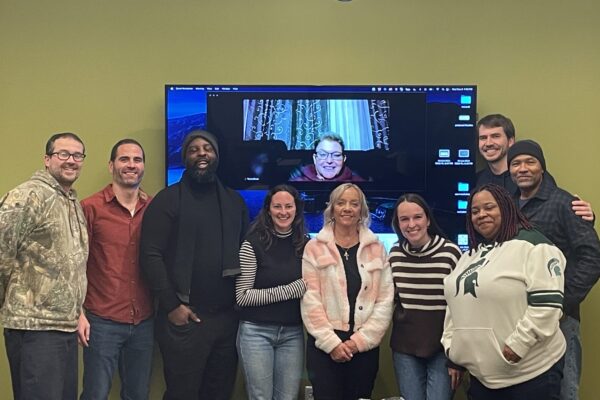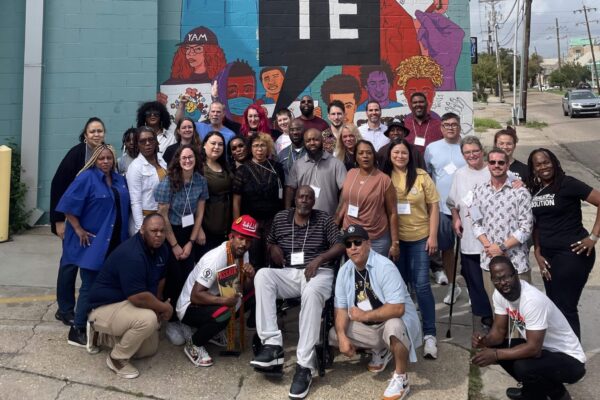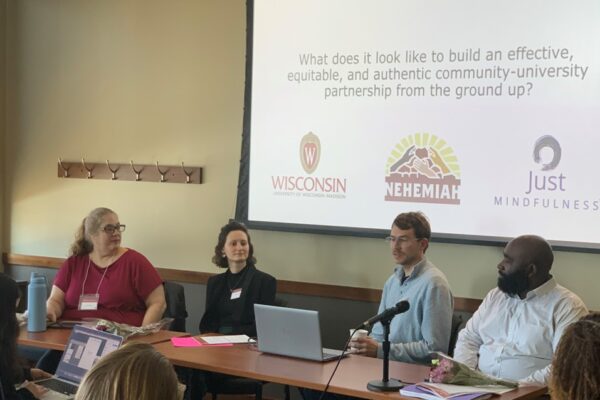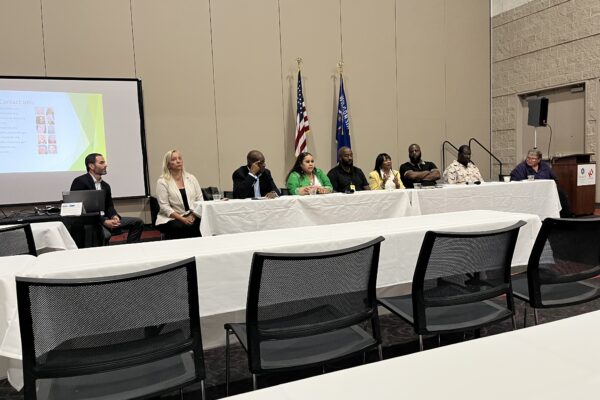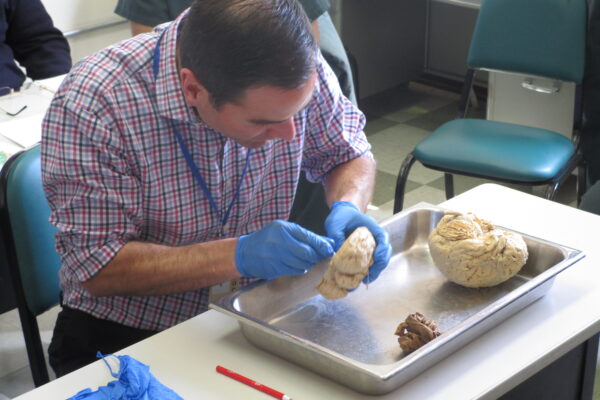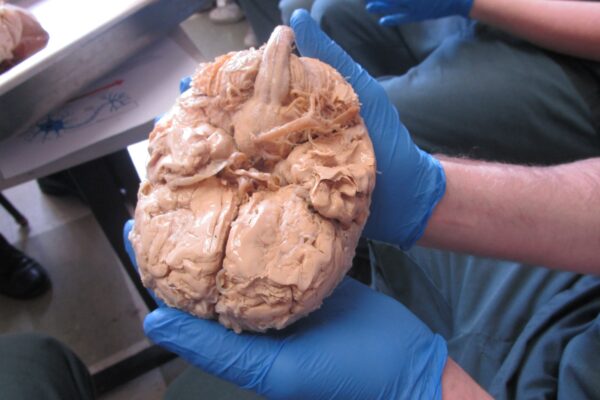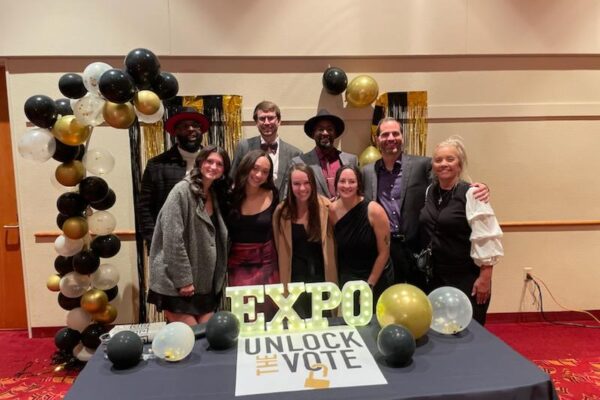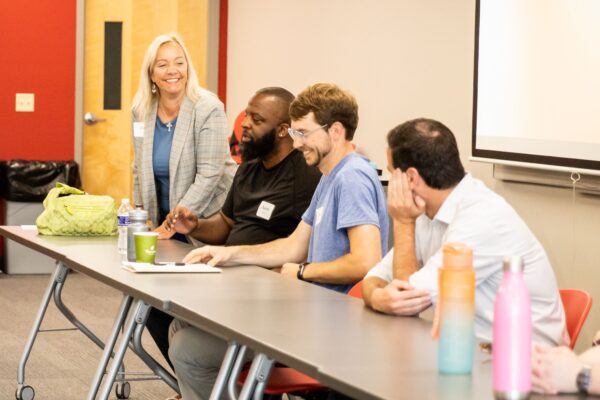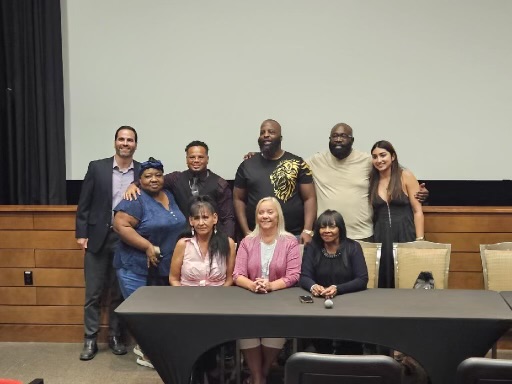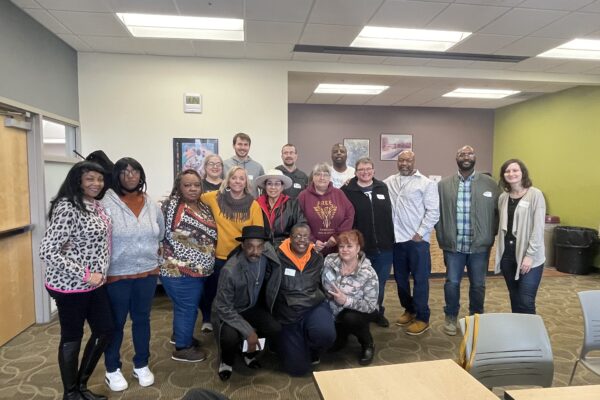We collaborate with individuals and organizations from the community to establish research priorities related to incarceration and mental health, with an emphasis on identifying opportunities and overcoming barriers. These ongoing engagement efforts includes individuals directly impacted by incarceration as well as officials from the Wisconsin Department of Corrections.
This is an accordion element with a series of buttons that open and close related content panels.
Building Community Capacity to Improve Mental Health Services in Prison
With funding from the Patient Centered Outcomes Research Institute (PCORI®) we partnered with community members with lived expertise on incarceration and mental health to identify barriers and facilitators to mental healthcare in prison and develop a research agenda that centers their perspectives.
- The Summary Report and Research Agenda provides an overview of the project, including the barriers and facilitators and an agenda for research on incarceration and mental health (e.g., outcomes, research questions).
- The Toolkit outlines key considerations for conducting community engaged research with formerly incarcerated individuals.
The research agenda and toolkit linked above are living and working documents. Our team is consistently updating the material to reflect the perspectives of our team, as well as our mission and vision. It is our hope that these documents can serve as a resource for others conducting research with incarcerated populations or working within the community to support individuals impacted by the criminal legal system. If you intend to use either of these documents in any capacity, we ask that you credit our team including academic and community partners. The statements presented in this report are solely the responsibility of the authors and do not necessarily represent the views of the Patient-Centered Outcomes Research Institute® (PCORI®), its Board of Governors or Methodology Committee.
UW-Madison Seminar: Recruitment through Relationship: Lessons Learned from a Community-Academic Research Partnership
“For the past four years, Hicks, Mejchar, and Koenigs have worked together to develop and lead research projects aimed at improving mental health and wellbeing among currently and formerly incarcerated individuals. In this presentation, they will discuss the lessons they have learned regarding recruitment of research participants for these projects. In particular, they will highlight the critical importance of relationships built on trust and credibility” (D&I Launchpad, 2024).
UW-Madison Seminar: "Best of Both Worlds": A Community-Academic Partnership Addressing Mental Health & Incarceration
“For the past three years, Aaron and Mike have worked together to identify barriers and opportunities for improving mental health and well-being among currently and formerly incarcerated individuals. This effort has been centered around the input of a community advisory board composed of individuals with lived experience of incarceration. In this seminar, Aaron and Mike discuss the development of this partnership, lessons learned, ongoing collaborative research projects, and future opportunities for UW-Madison to play a more substantial role in addressing health inequities in the community” (D&I Launchpad, 2024).
From Ashes to Beauty: Stories After Incarceration (Documentary)
“Too often, narratives of formerly incarcerated people center on failure and tragedy. From Ashes to Beauty: Stories After Incarceration aims to share the humanity, beauty, hope, and joy that life after incarceration can be—and emphasize the role that peer support has in finding that. Created by recent UW-Madison graduate Mabel Malhotra, with the help of Deb Mejchar, Aaron Hicks, and Dr. Mike Koenigs, this documentary film highlights four individuals from across Wisconsin—Eugene Crisler’El and Anthony Cooper from Madison, Antonia Drew Norton from Milwaukee, and Vicky Harrison from the Menominee Reservation. Each person has a uniquely powerful story, but they all share a strong love for their families and communities. Having endured the Wisconsin prison system, their experiences before and during incarceration inform the impactful work each of them are doing in their communities now, lifting up those who are facing struggles they themselves know too well” (Malhotra, 2023).
